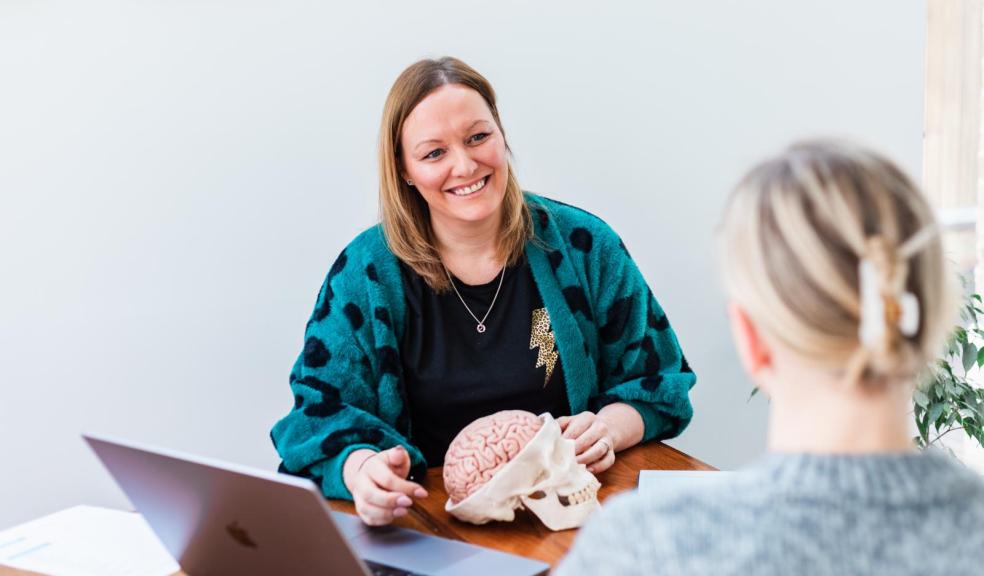
Baby brain? Cognition Rehab Therapist Natalie Mackenzie shares her top memory-boosting tips for brain awareness week.
With brain awareness week this week (the 11th-18th March), cognition expert Natalie Mackenzie shares her top tips for boosting your memory and cognition, and brain health. As always, it’s important to recognise memory problems has many different causes, so if you have any concerns at all always visit your GP.
Memory problems are more common than you think-and they’re not just something that effects elderly people. We all forget things occasionally but if memory is a common problem you’re experiencing, it’s important to rule out any other causes and find a diagnosis. If you’ve done this and are looking for some practical tips, then read on.
1.Use memory aids- but try not to rely on them entirely
Memory aids can be really helpful, just don’t rely on them too much. Cells that fire together wire together: the more you use something the stronger the neural connections are, and the more efficient they run. Challenge the process but always use aids and strategies if your cognitive skills need the scaffolds to ensure success.
2. Alarms and prompts for medication alerts.
Reminders and alerts for appointments are great and so easy to do on your phone, but ensure that you also allow for reminders for travel time etc, people often make this mistake!
3. Mnemonics
Make up rhymes, use songs, or create codes our of the first letters (think Never Eat Shredded Wheat for the compass points which you probably learned at school!) These don’t just work for exam revision and can be helpful for a range of situations.
4. Chunking
Chunking is a great memory strategy and means we break things down into smaller bits. For example, think of long phone numbers and how we break them down into two or 3 digits to make it easier to stick in our heads!
5. Linking
Linking things together is a great encoding strategy, for instance pay attention to the personality of someone and visualise that with their name if you really struggle with names and faces.
Memory walks are useful for remembering where things are if you just can’t find your keys! Creating imagery in your mind of objects with facts associated with them.
Another similar linking method or chaining to aid memory allows you to use a list of objects with meaning attached to them link together to ensure you have them all. For instance you may need to remember glasses, pencil, book and use a story about David with the crazy glasses who used to use an pencil upside down to write in his hairy book!
Finally, if you’re regularly struggling with memory, it might be worth considering a cognitive assessment. These aren’t just tests that happen in old age, they can provide a great baseline of your cognitive health so you can track any changes in the future.
About the Author
Natalie Mackenzie, is a cognition and brain expert who has twenty years of experience of helping families with brain injury. She also supports individuals with fatigue and offers cognitive assessments. For more information on Natalie and her services, visit: https://www.thebraininjurytherapist.co.uk/














